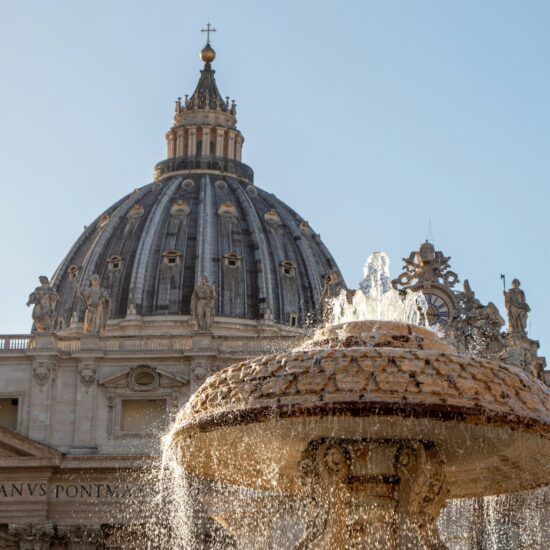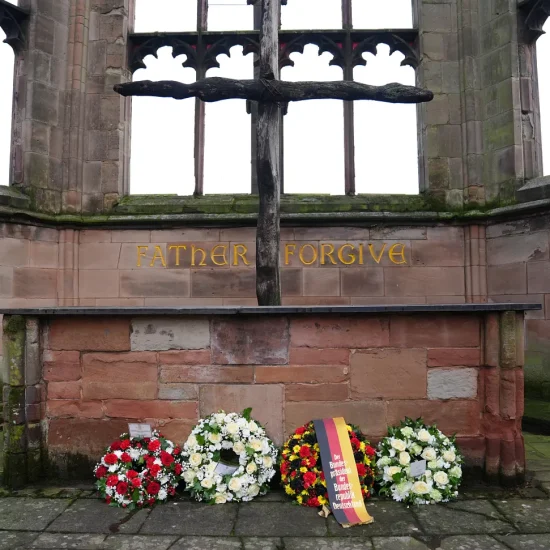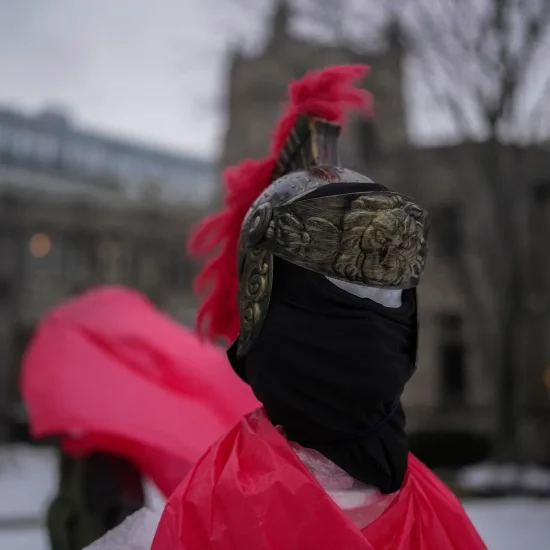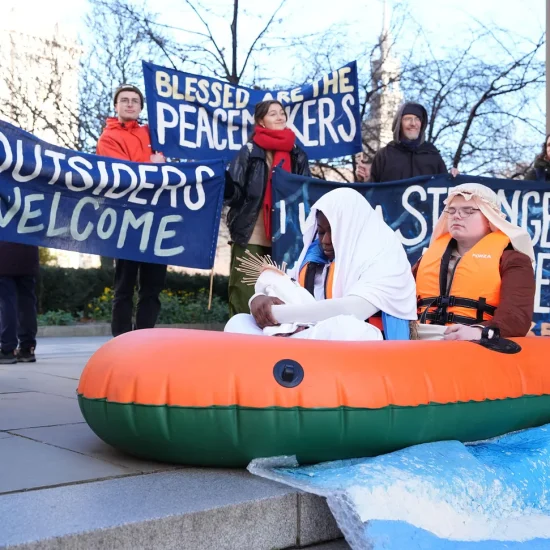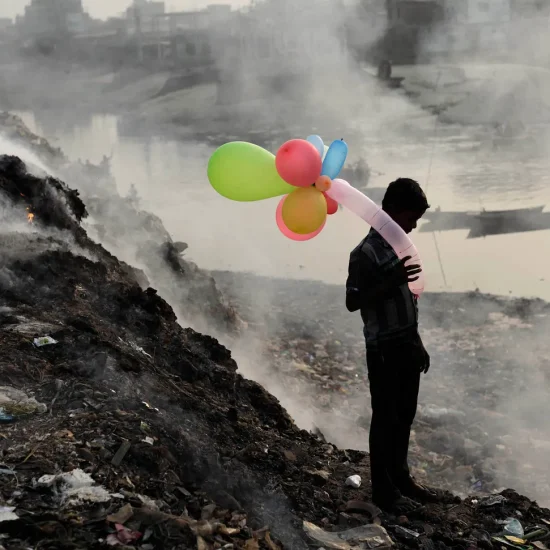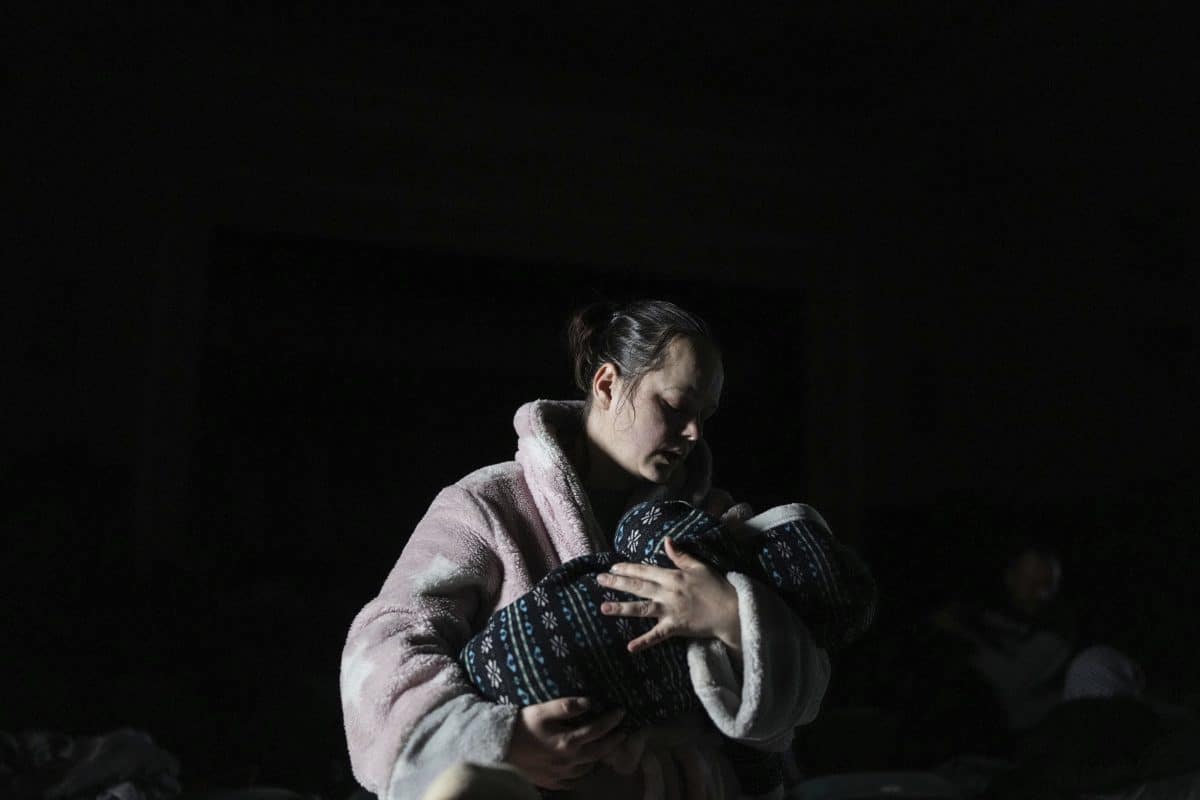
“Suddenly a great army of heaven’s angels appeared with the angel, singing praises to God: ‘Glory to God in the highest heaven, and peace on earth to those with whom he is pleased!’” (Luke 2:13-14)
In 1914, just a few months after the start of a bloody war across Europe, around 100,000 British and German soldiers participated in an informal cessation of hostilities along the trench lines. There are songs, movies, and novels that celebrate this “Christmas truce.” But at the risk of sounding like Scrooge, I must admit I hate the story.
On the surface, it seems like a magical moment of peace on Earth. German soldiers lit candles to celebrate the holiday and started singing Christmas carols. Rather than blasting more artillery, British soldiers responded by projecting their own songs. Even if the singing was not that great, it probably would’ve been as inspiring as hearing those ancient angels from the realms of glory. And both sides could even sing together with shared tunes like “Stille Nacht”/”Silent Night.”
Eventually, some ventured into the “no man’s land” between the trenches — an act that would’ve been suicidal the previous day. There they mingled with those they had been trying to kill, even exchanging presents. That scene inspires some today who are urging a similar truce by Russian forces in Ukraine.
But I hate the “Christmas truce” story. Lest you think my heart is three sizes too small, let me explain.
The war didn’t end on Christmas Day in 1914. After singing Christmas carols together, shaking hands, and exchanging presents, the two sides went back to killing each other. So the war continued on pointlessly until its conclusion in November of 1918. Three more Christmases came and went, with efforts to recreate the truce less successful each year. Some 10 million soldiers — and another 8 million or more civilians — died in the five years of fighting.
So in light of all that carnage, I’m pretty uninspired by a day of singing instead of shooting. To compare a single day’s truce to the peace the angels foretold on that first Christmas suggests we have a pretty low bar for what the Prince of Peace can bring. Seems kind of impotent for a Messiah.

A woman holds a baby in a bomb shelter in Mariupol, Ukraine, on March 8, 2022. (Evgeniy Maloletka/Associated Press)
Additionally, the fact that soldiers returned to killing each other after sharing that Christmas together suggests the message of the season doesn’t really change our lives. Is Christmas really just a brief moment of escapism to sing nice carols and open presents? Did Emmanuel come to be with us just so we could have a day off before returning back to life as if nothing happened? If that’s all Christmas does in our hearts, then it’s no better than Labor Day or Presidents’ Day.
What if instead of merely enjoying some cookies and decorating trees we allowed the incarnation to transform us? What if acted like we really believe what we’re singing? Maybe then our world would actually have hope for some heavenly peace.
Brian Kaylor is president & editor-in-chief of Word&Way.

